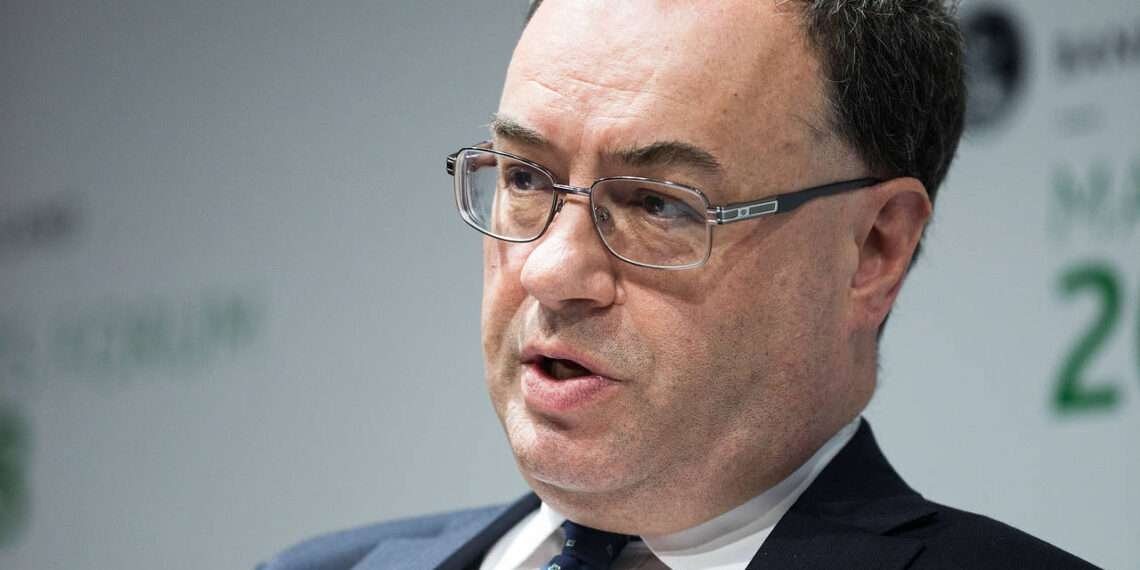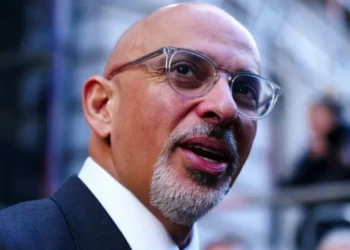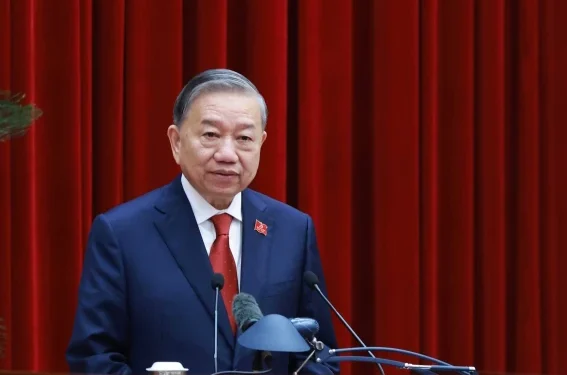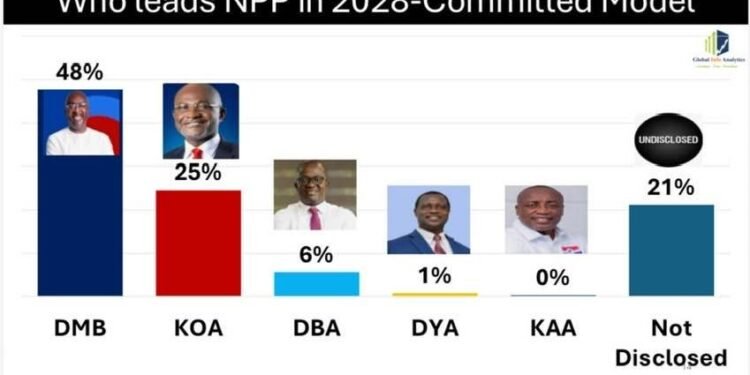The Bank of England (BoE) Governor has dismissed Conservative concerns that the government’s proposed public sector pay rises would fuel inflation and keep interest rates elevated.
Following the Bank’s first interest rate cut since March 2020, senior Conservatives, including Rishi Sunak and Jeremy Hunt, voiced apprehensions that above-inflation salary increases for teachers, nurses, and other public sector workers could hinder further rate reductions.
Former Prime Minister Sunak, in response to the Bank’s decision, claimed it showed Labour had inherited a “strong economy” from the previous government.
He took to X, formerly Twitter, to express his concerns, stating, “My concern now is that Labour’s inflation-busting public sector pay rises have put further cuts at risk.”
However, Bank of England Governor Andrew Bailey addressed these concerns post-rate announcement, stating the planned 5-6% pay awards would have a minimal impact on headline inflation.
Bailey suggested this issue was not a priority for the Bank, estimating the proposed increases would likely add less than 0.1 percentage points to headline inflation, compared to the 2% pay deal anticipated by the previous government.
“The proverbial back of the envelope suggests an increment in the inflation space which is very small,” Bailey explained. “I mean, you’re in quite small second decimal place numbers at that point.”
Sunak had bet his premiership on falling inflation and the central bank cutting interest rates when he called for an early general election, arguing that his administration had made “difficult decisions” — including on public sector pay — to achieve this aim.
He maintained that pay restraint was crucial for controlling inflation, which led to intense disputes with trade unions and ongoing strikes amid warnings of a public sector staffing crisis.
Despite these efforts, the first borrowing cost reduction since March 2020 was implemented a month after Keir Starmer’s Labour Party achieved a landslide victory.
Darren Jones, the Chief Secretary to the Treasury, criticized the previous administration, saying, “After the Tories stoked interest rate rises with their reckless mini-budget, it’s astonishing that Rishi Sunak still thinks he is part of the solution, not the problem.”
In its first month in office, Labour has brokered various agreements with unions, including a pay deal with junior doctors that could see their wages rise by 22.3% over two years.
Public Sector Workers Pay Rise And Concerns
This week, Chancellor Rachel Reeves announced that millions of public sector workers would receive 5-6% pay increases for the current financial year, costing nearly £10 billion, following recommendations from public sector pay bodies.
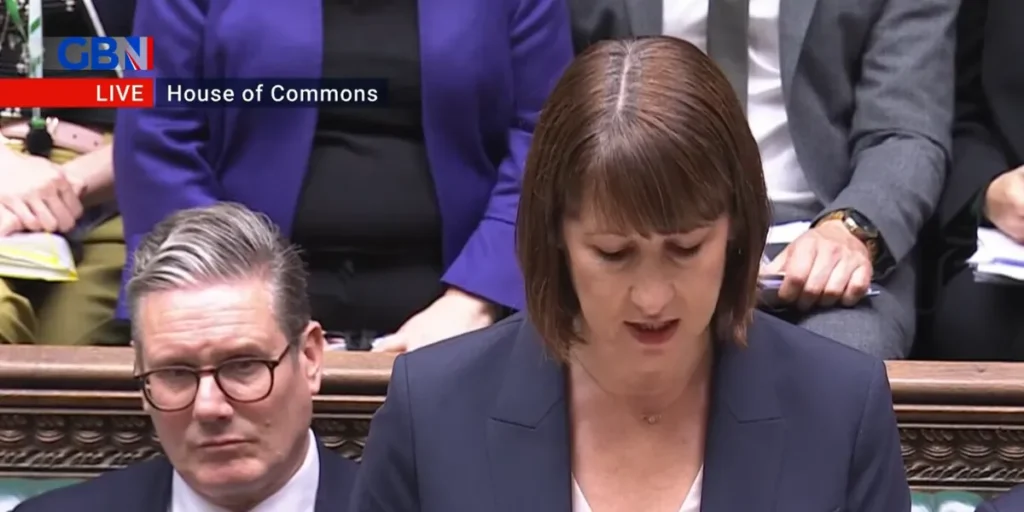
Reeves revealed the decision in a speech highlighting a £22 billion deficit she accused the Tories of concealing in public finances.
To address this shortfall, she proposed cuts to winter fuel payments for 10 million wealthier pensioners and hinted at potential tax increases in her first autumn budget.
Shadow Chancellor Jeremy Hunt echoed concerns, suggesting that the Bank “may now take longer” to implement further interest rate cuts “because of inflation-busting public sector pay rises rushed through” by Reeves.
Mel Stride, vying for the Conservative leadership, reiterated the criticism, stressing that it was “important that Rachel Reeves’ stance on public sector pay doesn’t hinder further progress by feeding service sector inflation.”
Bailey, who had previously warned that inflation-matching pay rises could prolong high inflation, indicated the Bank would closely monitor service sector prices and overall wage growth when considering future rate cuts, cautioning against reducing rates too quickly or significantly.
“We need to make sure inflation stays low, and be careful not to cut interest rates too quickly or by too much,” Bailey said. The Bank had been briefed on Reeves’s public sector pay announcement but would not factor the changes into its economic forecasts until after the budget.
Bailey suggested that private sector wage trends would be more significant in determining future rate cuts, as they typically “lead” the public sector.
While acknowledging that government decisions, including public sector pay, impact inflation, he emphasized the need to consider all announcements collectively.
“We’ll know a lot more about that when we have the budget. But you can do a sort of rough … calculation, and it isn’t that large actually,” Bailey concluded.
READ ALSO: Ato Forson’s Acquittal and Discharged, AG Urged to Confront the Truth

